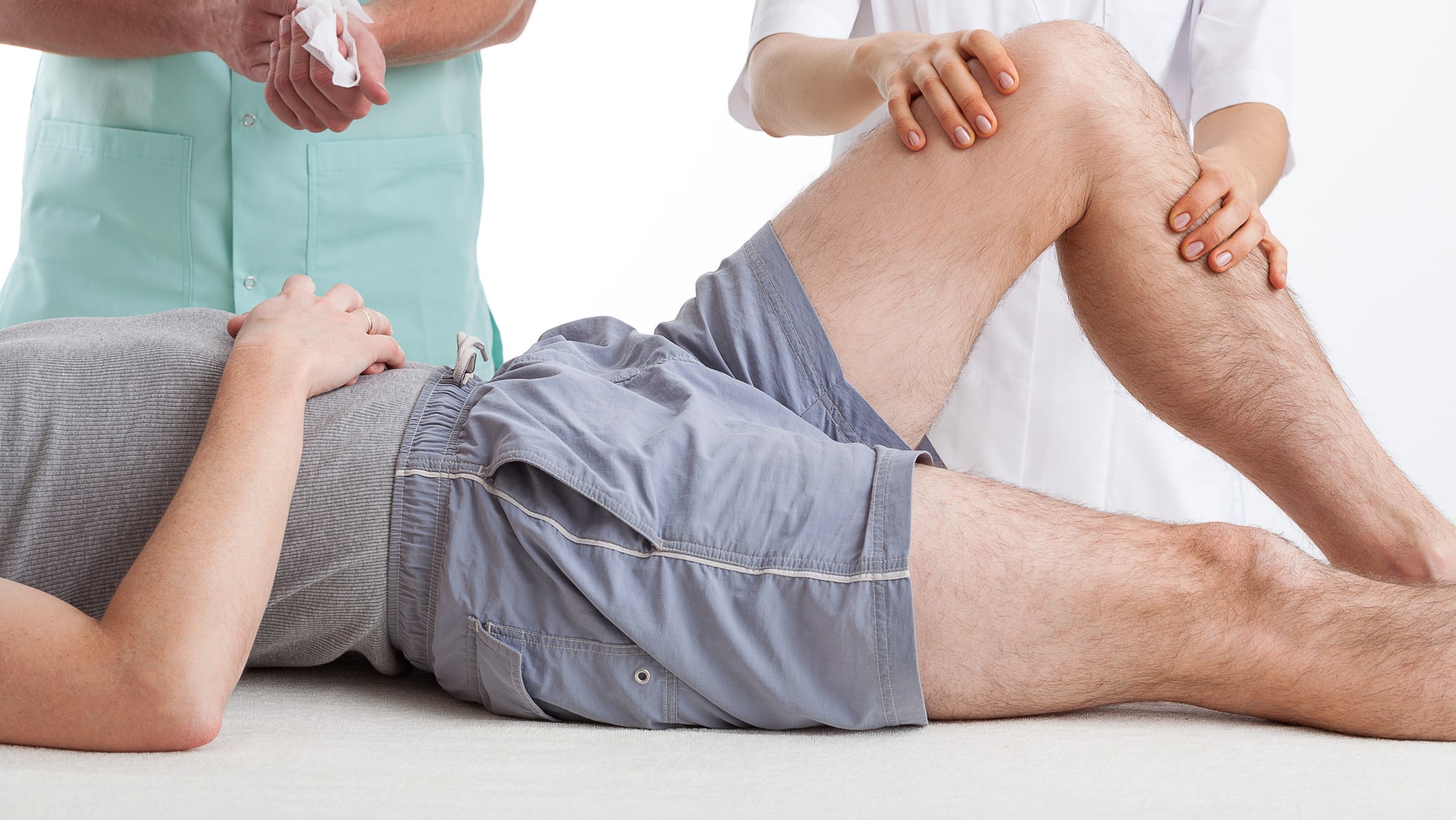
The phrase “orthopedic surgery” often brings the idea of foot surgery to mind for patients of all ages. However, this field of medicine involves much more than simply treating the feet of a patient. A doctor that is an orthopedic surgeon performs the diagnosis and treatment of medical disorders related to the bones, joints, ligaments, tendons and muscles. Some orthopedic surgeons are generalists while there are other orthopedic surgeons that specialize in certain areas of the body such as the hips and knees, ankles, feet, spine, elbows and shoulders. The American Board of Orthopedic Surgery (ABOS) was formed to establish and maintain professional and educational standards for orthopedic surgeons. The board also evaluates the competence and qualifications of orthopedic surgeons across the country,
The American Board of Orthopedic Surgery is a member of the American Board of Medical Specialties. According to its website, the board was founded in 1934 as a “private, voluntary, nonprofit, autonomous organization.” According to the mission statement of the ABOS, the mission of the board is “to ensure safe, ethical and effective practice of orthopedic surgery, the ABOS maintains the highest standards for education, practice, and conduct through examination, certification, and maintenance of certification for the benefit of the public.”
When explaining the purpose of the organization, The American Board of Orthopedic Surgery says it “exists to serve the best interests of the public and the medical profession by establishing educational standards for orthopedic residents and by evaluating the initial and continuing qualifications and competence of orthopedic surgeons. For this purpose, the board reviews the credentials and practices of voluntary candidates and issues certificates as appropriate. It defines minimum educational requirements for the specialty, it stimulates graduate medical education and continuing medical education, and aids in the evaluation of educational facilities and programs by its work in conjunction with the Review Committee (RC) of the Accreditation Council for Graduate Medical Education (ACGME).
As mentioned above, orthopedics covers far more than simply treating issues related to the feet or other leg and feet procedures. Orthopedics is a broad medical specialty dedicated to preventing, diagnosing or treating injuries and diseases related to the musculoskeletal system.
If an orthopedist is board-certified by the ABOS, they are a trained surgeon even if they no longer perform surgery. However, they can still treat patients or they can simply perform teaching or research positions and not have regular patients.
Some of the most common areas of orthopedic surgery include:
In order to begin the process of becoming board-certified by the ABOS, a surgeon must graduate from a four-year medical school and also complete a five-year orthopedic residency program in the United States or in Canada.
Once the orthopedic surgeon finishes the accredited residency, the surgeon can apply to take a computer-based exam of around 320 questions covering the medical field of orthopedics. An orthopedic surgeon that passes the computer exam, and is practicing while waiting to take the oral examination, is deemed to be “Board Eligible”. If the surgeon does not pass the oral exam within five years of being deemed to be Board Eligible, the surgeon is no longer Board Eligible and must pass the computer exam again before taking the oral examination.
Before taking the oral examination, the candidate must have a full and unrestricted medical license and have been in practice for a period of at least 20 months in one association, location or affiliation. In addition, the ABOS will obtain peer reviews of the candidate from board-certified orthopedic surgeons familiar with the work of the candidate as well as peer reviews from various staff members or chiefs of orthopedics. This information is reviewed by the ABOS Credentials Committee who will decide if the candidate will be admitted to the oral examination part of the process.
Once the candidate is admitted to the oral exam, the person must submit a list of all surgical cases, verified by medical records directors at the facility where the candidate operates, performed during a period of six months. Twelve cases are selected for presentation during the oral examination and are graded using a variety of criteria including data gathering and interpretation, diagnosis, treatment plan, technical skill, outcomes, handling of complications and professionalism.
Once the candidate passes the oral examination, the surgeon will receive a Board Certification Certificate and the person becomes a Diplomate of the American Board of Orthopedic Surgery for 10 years.
MA